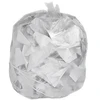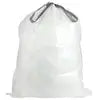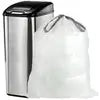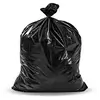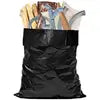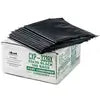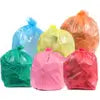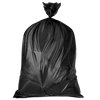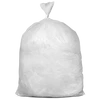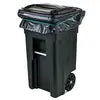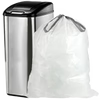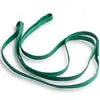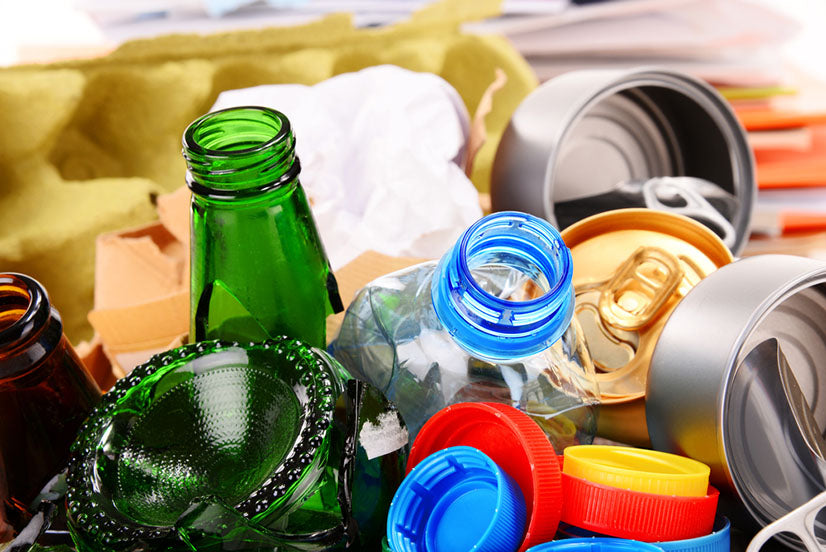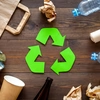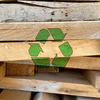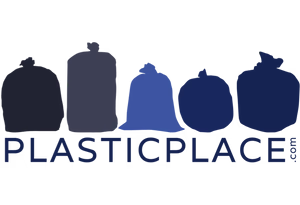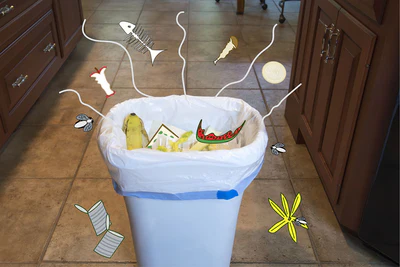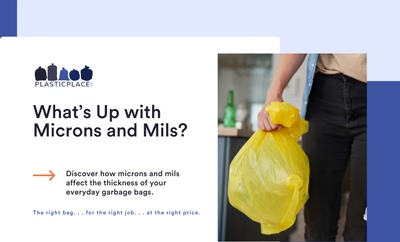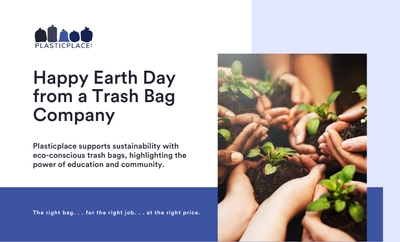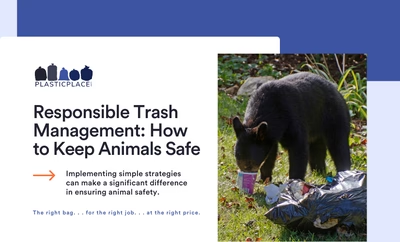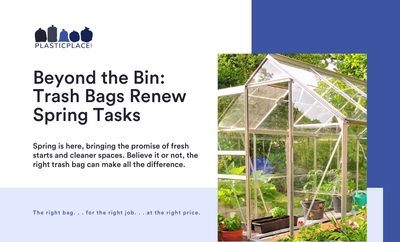Source: monticello/Shutterstock
We’d all like to think we’re experts when it comes to trash vs. recycling and knowing what belongs where. Unfortunately, studies show that contamination rates in curbside recycling are still high. That means that most of us have room to improve in our knowledge of trash and recycling.
Don’t worry — we’re here to help! Use this guide to refresh your memory on the basics of what’s recyclable and what’s trash.
NOTE: Recycling programs vary from one place to the next. Always check with your local recycling pickup program and/or recycling centers to determine exactly what they can and can’t accept.
Broken Glass
- Answer: Trash, but keep it protected
Clothes and Shoes
- Answer: Trash, but preferably donation
Electronics
- Answer: Electronics recycling drop-off
Food Scraps
- Answer: Trash if necessary, but preferably compost
Food Wrappers
- Answer: Trash

Source: Aleksandra Suzi/Shutterstock
Glass Bottles and Jars
- Answer: Recycling
Hard Plastic Containers
- Answer: Recycling
Metal Cans
- Answer: Recycling
Paper and Cardboard
- Answer: Recycling
Plastic Bags
- Answer: Trash, or recycling if it’s available
Styrofoam
- Answer: Trash, or recycling if it’s available
Yard Waste
- Answer: Trash, but preferably compost
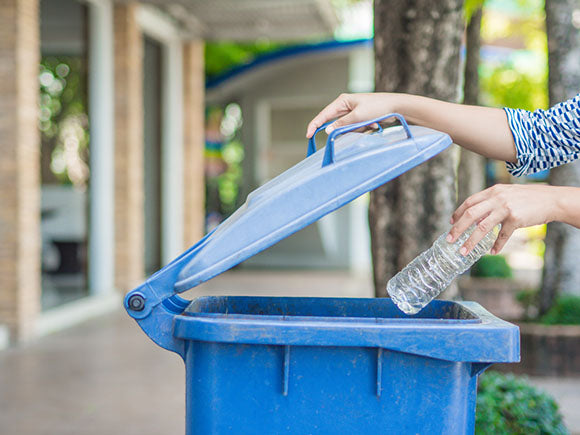
Source: siam.pukkato/Shutterstock
Plasticplace’s waste disposal experts are here to help you understand the most efficient ways to manage your trash and recycling! For more insights, check out our guide to medication disposal, or learn the real answer about whether wood is recyclable.
Plus, as always, our selection of trash bags is second to none, including our lineup of Simplehuman compatible garbage bags! Shop now and get free shipping on all orders to the lower 48 U.S. states.
 4.9 out of 5
4.9 out of 5  Mix & Match: Buy any two products for 10% off!
Mix & Match: Buy any two products for 10% off!











